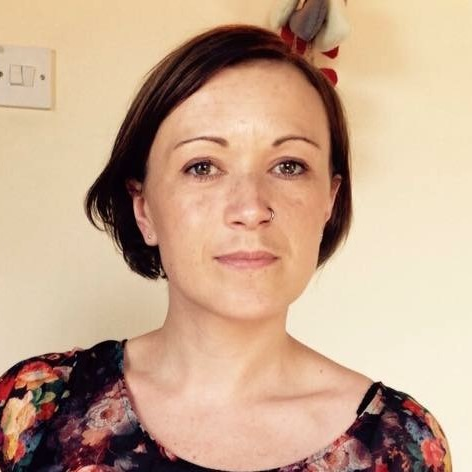AIMS
To explore 1) the relationship between the quantity/quality of social support and harmful alcohol consumption at baseline and 2) whether a change in the quantity/quality of social support over time predicted harmful alcohol consumption.
DESIGN
A prospective cohort study of UK civil servants (Whitehall II).
SETTING
Participant homes and clinical assessment centres.
PARTICIPANTS
1) 6401 men and women aged 35 to 55 at Phase 1 (1985); 2) 3702 men and women aged 47 to 67 at Phase 5 (1997).
MEASUREMENTS
Quantity and quality of social support from the Close Persons Questionnaire. Last week alcohol consumption regrouped: non-drinkers; lower-risk drinkers (≤14 units/week); increasing-risk drinkers (>14 to ≤35 units/week-women, >14 to ≤50 units/week-men) and higher-risk drinkers (>35 units/week-women, >50 units/week-men).
FINDINGS
1) Participants were more likely to be higher-risk drinkers if they saw relatives less frequently (1/month vs 1/week RRR 1.86, 95%CI 1.15-3.02); saw friends daily (RRR 1.95, 95%CI 1.04-3.69) and saw 3+ friends/month (RRR 2.00, 95%CI 1.28-3.14).
Participants in the highest tertiles for confiding/emotional (RRR 1.66, 95%CI 1.01-2.74) and worsening (RRR 2.16, 95%CI 1.30-3.59) support were more likely to be higher-risk drinkers. Those in the highest tertile for practical support were less likely to be higher-risk drinkers (RRR 0.51, 95%CI 0.31-0.85).
2) A decrease in friends seen/month reduced the likelihood of being a higher-risk drinker (RRR 0.56, 95%CI 0.31-0.99). An increase in close persons increased the likelihood of being higher-risk drinker (RRR 1.64, 95%CI 1.08-2.47). Change in relationship quality did not predict harmful drinking.
CONCLUSIONS
Quantity and quality of social support were associated with harmful alcohol consumption at baseline; however, only change in the quantity of social support (friends/close persons) predicted harmful drinking at follow-up
Co-Authors
Prof Annie Britton, Department of Epidemiology and Public Health, UCL
Conflicts of interest:
No conflict of interest
